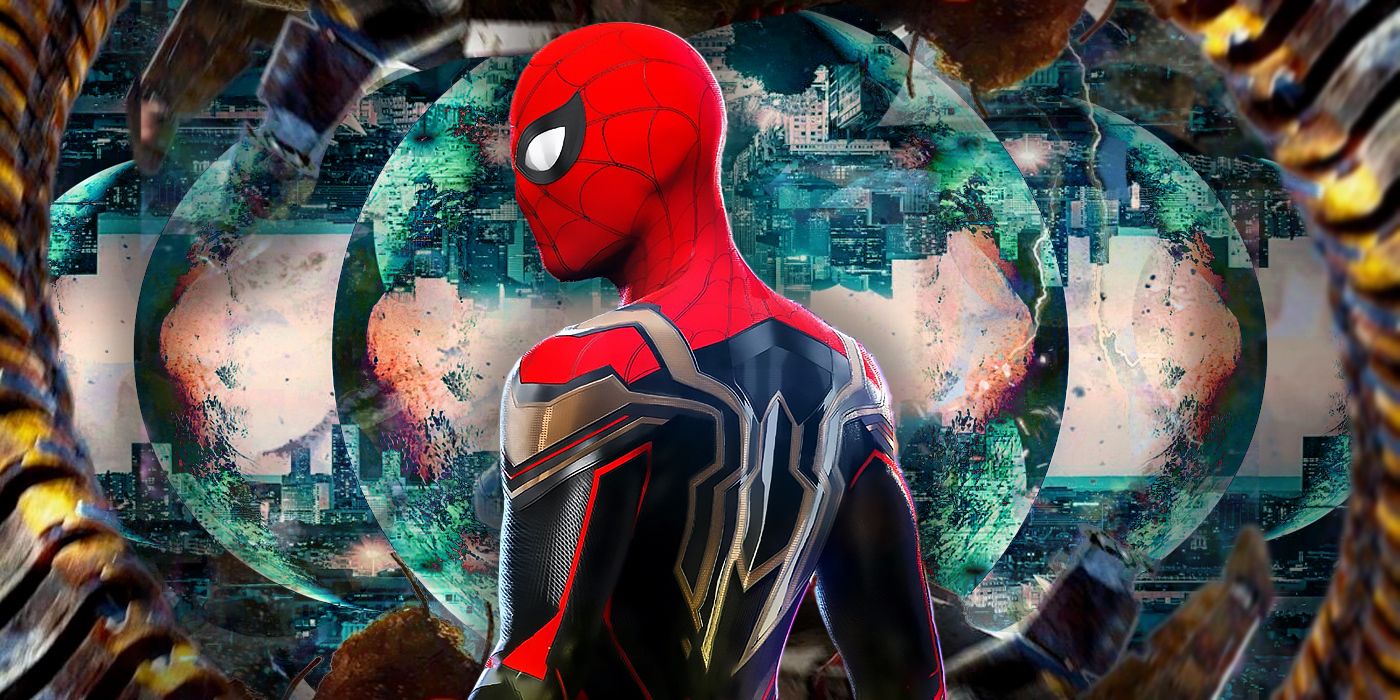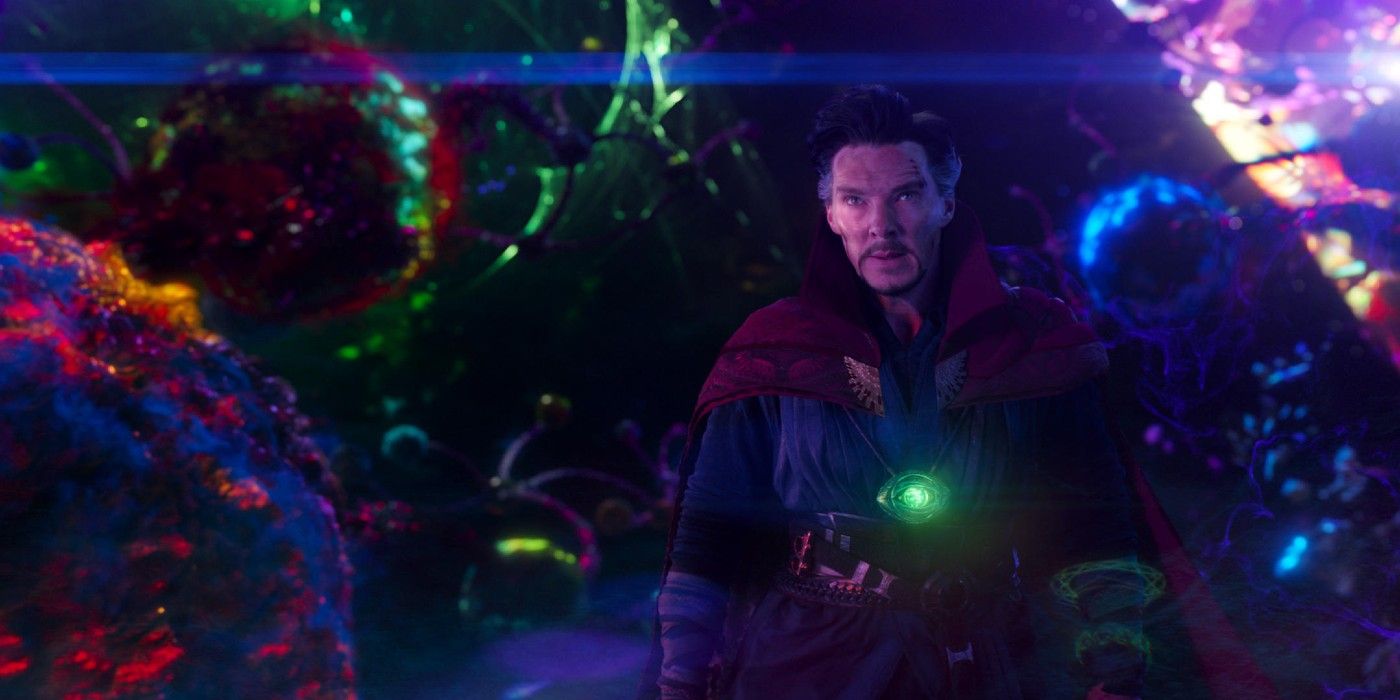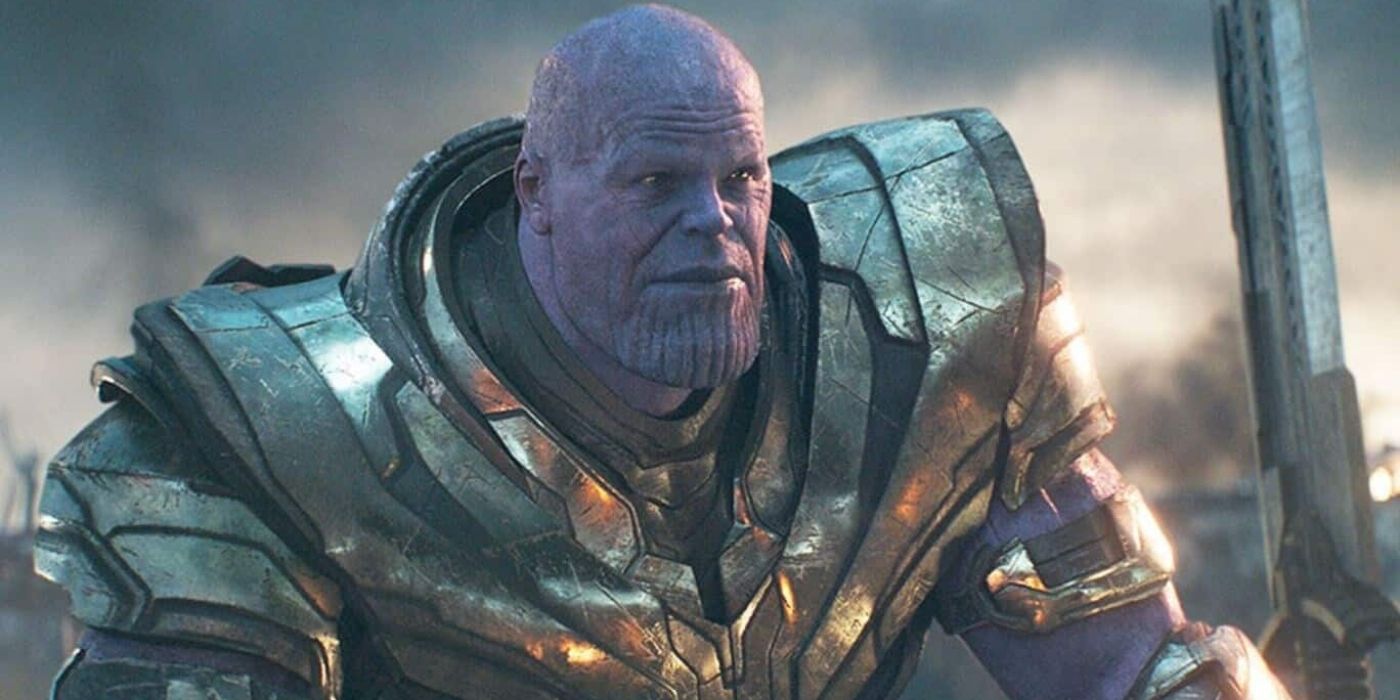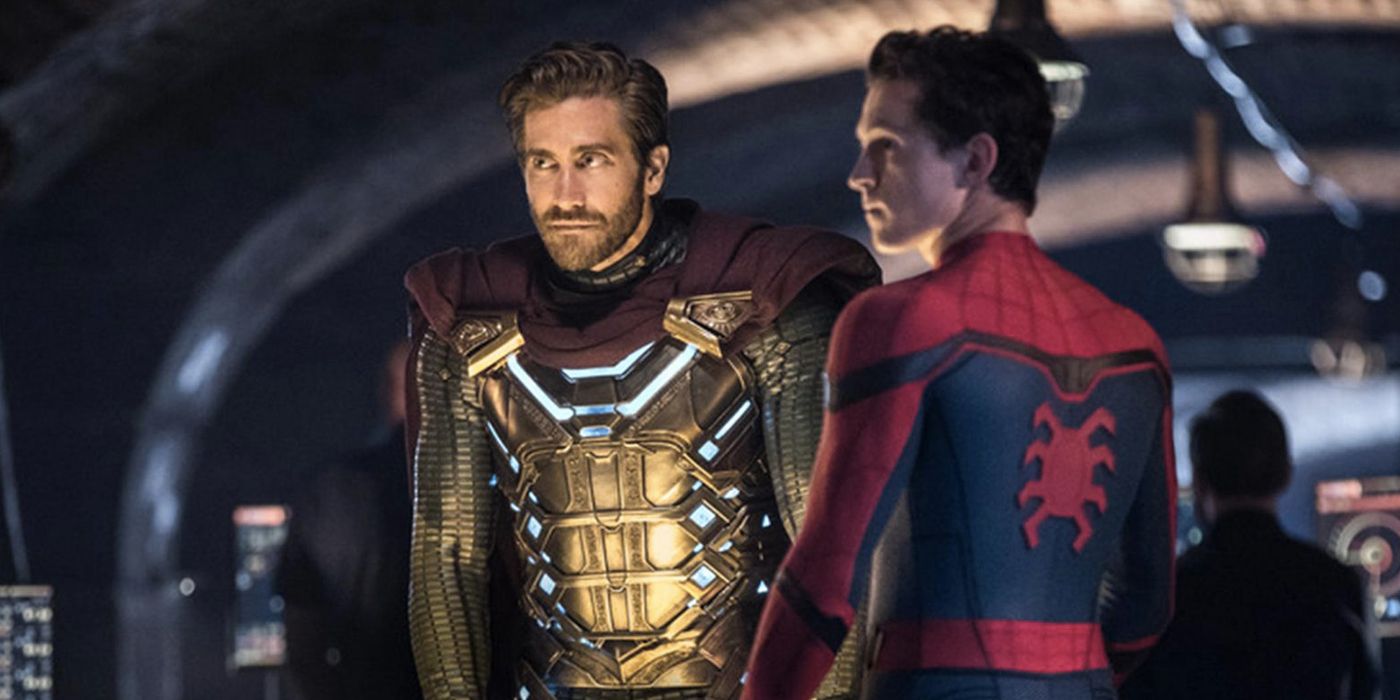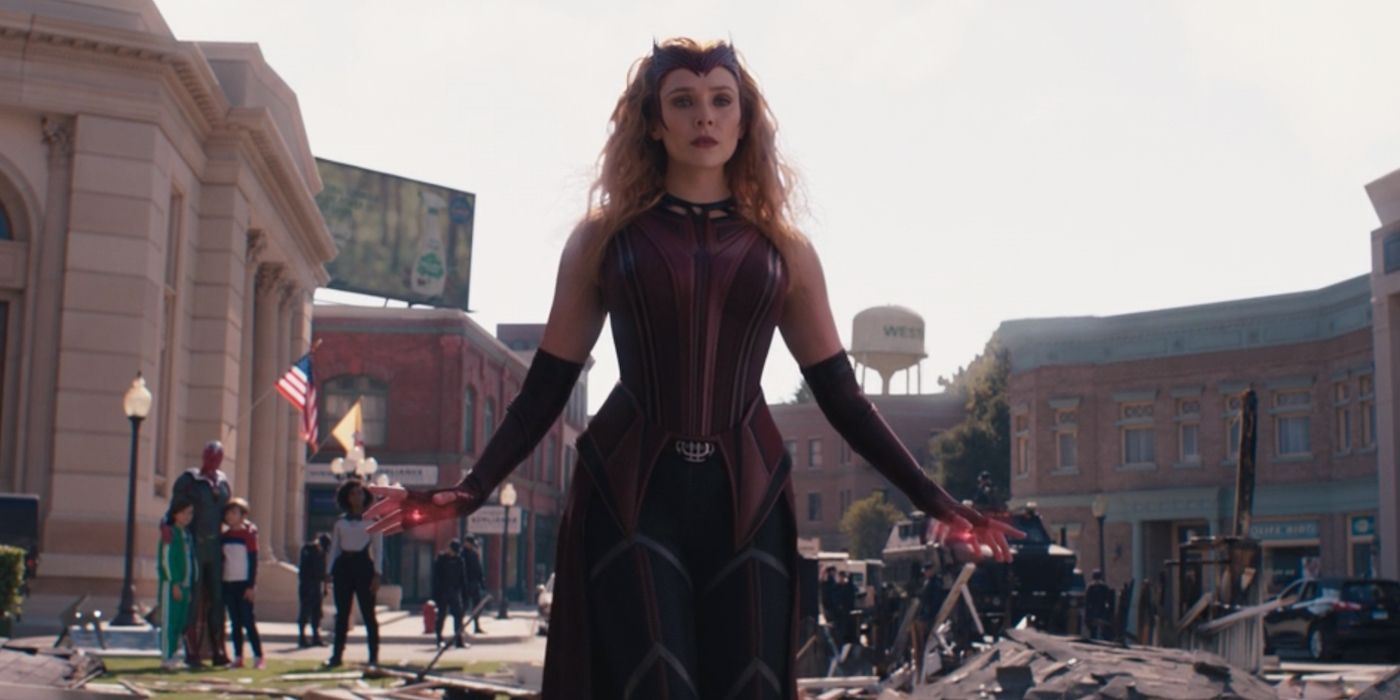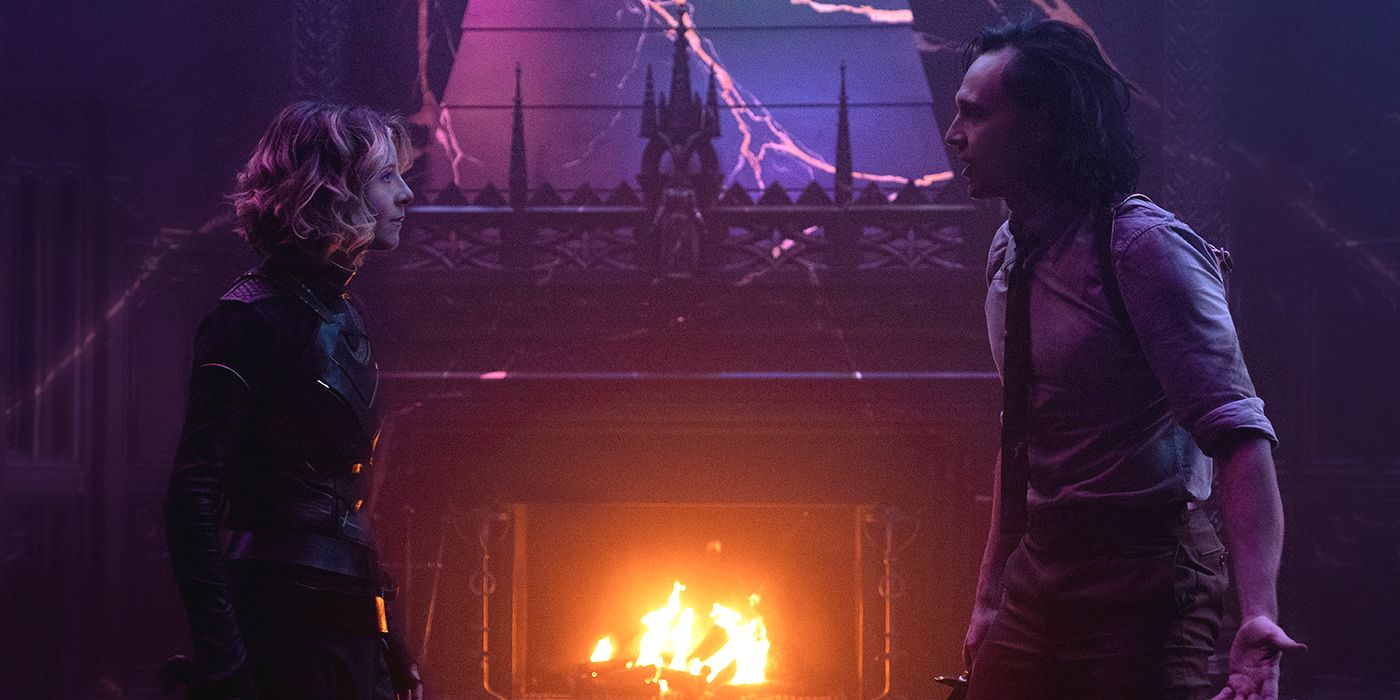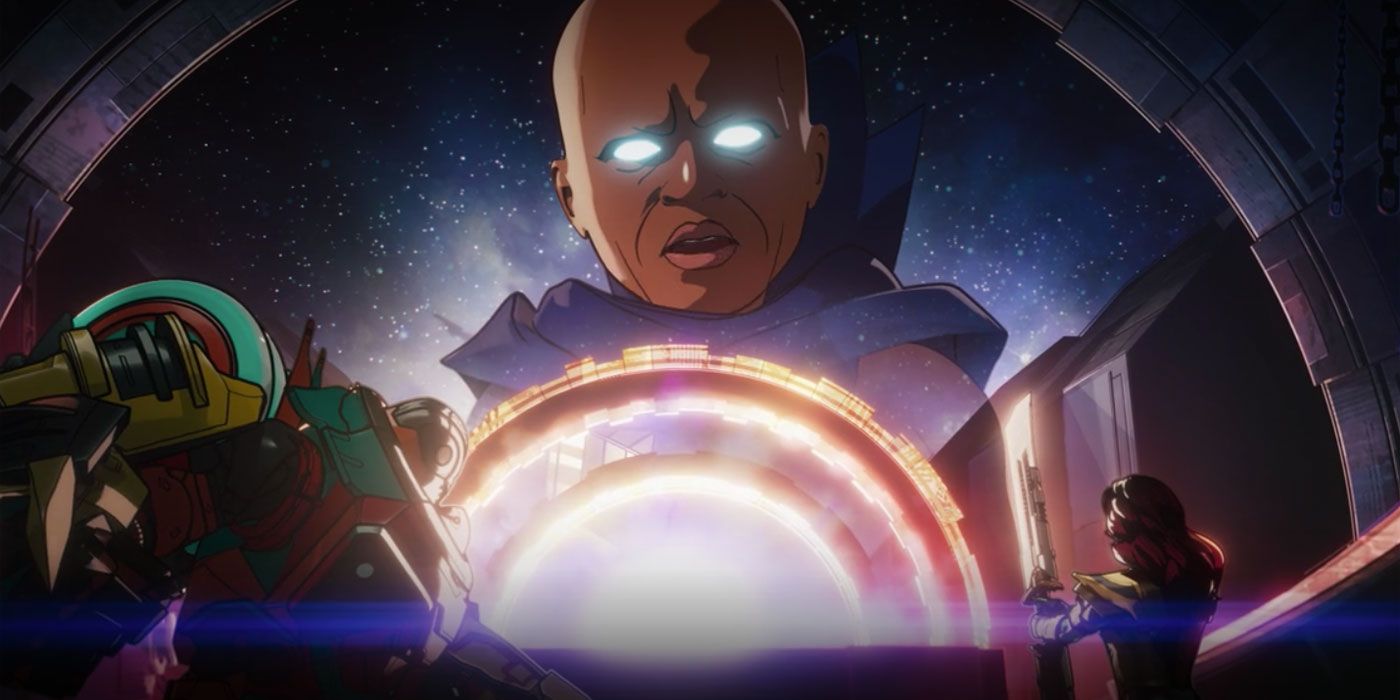"The Multiverse is a concept about which we know frighteningly little." Those are the words spoken by Doctor Strange (Benedict Cumberbatch), resident sorcerer of the MCU and the latest to inhabit a mentor-like role in the Sony-MCU Spider-Man series of films, in the trailer for Spider-Man: No Way Home. This third installment finds Peter Parker (Tom Holland) turning to Doctor Strange for help in reversing the reveal of his identity to the world. Unfortunately, in usual Parker luck, the spell to do so goes horribly wrong, and instead results in Multiversal chaos that finds villains from the likes of Doctor Octopus (Alfred Molina) making his way to the MCU.
One of the most intruiging parts of No Way Home is the fact that the Multiverse, in one way or another, seems to be playing an intergral role in the film. Up until this point, the Multiverse isn't something that has been explored on the film side of MCU Phase Four projects; rather, the groundwork for the Multiverse is something that has been laid in the Disney+ projects that are a part of Marvel's Phase Four. Before No Way Home, let's take a look at what we know about the Multiverse so far from the projects that it has been referenced in.
Doctor Strange (2016)
Doctor Strange, one of the early films in Marvel's Phase Three lineup, alluded to the presence of something greater. While Guardians of the Galaxy introduced the cosmic side of the MCU, Doctor Strange showed audiences so many stranger and mystic corners of the MCU. Most importantly, The Ancient One (Tilda Swinton) speaks of more than just one world. When she first sends Stephen Strange on his otherworldly trip through dimensions, she explains that this universe is only one of infinite possibilities. Add to that the importance of the mirror dimension to the plot, and you have the first real introduction to the concept of multiple realities beyond what we knew existed in the MCU.
Avengers: Endgame (2019)
Avengers: Endgame is filled to the brim with exciting new concepts that have long-lasting effects on future projects, even though it serves as a bookend to the story that started with Iron Man in 2008. The film has one critical scene taking place in New York in 2012. When Bruce Banner (Mark Ruffalo) attempts to take the time stone from the Ancient One, the audience is treated to somewhat lengthy exposition in which the branching of realities that could take place is explained to Bruce Banner. More specifically, if the Infinity Stones are not returned to the point in time from which the Avengers are obtaining them, darker and more twisted realities could take form. This is shown to the audience through the imagery of diverging branches, which is important to remember as similar imagery takes place in another project down the line. While not entirely explored, The Avengers still go through different points in time, creating alternate timelines until Steve Rogers returns the infinity stones to their respective timelines at the end of the film.
Spider-Man: Far From Home (2019)
While Spider-Man: Far From Home doesn't ever actually feature the Multiverse, it contains references to it made by Mysterio (Jake Gyllenhaal). Used as a ruse on Quentin Beck's part, Mysterio paints a tragic portrait for himself as a hero from an alternate universe whose earth was destroyed by the elementals. Peter Parker, Nick Fury (Samuel L. Jackson), and Maria Hill (Cobie Smulders) all take the Multiverse as something of fact. While the idea of alternate Earths isn't touched upon again for the rest of the film, Far From Home still sets up the precedent of taking the Multiverse as fact and something that could come back as either a threat or an ally.
WandaVision (2021)
WandaVision has an extremely important hint to something greater and more dangerous at play in Marvel's Phase 4. While the gtreater plot of the show has more to deal with Wanda coming to grips with her trauma, there's something more intense at work in regards to Wanda's power. Throughout the show's sticom-styled episodes, commercial breaks hint at Wanda's darker past. The last commercial we see is a play on a medication ad for a pill called Nexus. The commercial describes the medication as helping ground you back into "your reality". Eventually, in the show itself, it's hinted that Wanda herself is a "nexus being," meaning her immense power could affect not only this universe, but others. This is foretold in the end credits scene for WandaVision, which shows the Scarlet Witch in possession of the Darkhold, seemingly on a search for a way to obtain her children that were created in her "Hex" reality. This tampering of realities could be something addressed in her next appearance, 2022's Doctor Strange in the Multiverse of Madness.
Loki (2021)
Loki is the most important project in regards to the Multiverse at this point. After disapperaing in 2012 after the events of Avengers: Endgame, 2012 Loki (Tom Hiddleston) is abruptly abducted by the TVA (Time Variance Authority). What follows in the six-episode first season was a bold new corner of the MCU never shown before. Time travel and the importance of keeping the "sacred timeline" safe, which is everything we've seen since 2008's Iron Man, is of the utmost importance to the TVA. Loki spends the first season teaming up with a female "variant" of himself (Sophia Di Martino) to take down the TVA and find out who is responsible for the "pruning" of certain timelines, varaints, and alternate realities.
Loki's season finale finds Loki and Sylvie at the door of the one responsible for the TVA and their war against alternate timelines: He Who Remains, played by Jonathan Majors. Better known as Kang in the comics, He Who Remains claims that upon his death, more dangerous varaints of himself will take his place, and what would follow is the sacred timeline going into chaos. What was a perfect circle turns into a branching of hundreds of different realities and possiblities, after Sylvie kills He Who Remains. The season ends on a cliffhanger with a much more dangerous Kang variant seemingly in control of the TVA, and the Multiverse with infinite possibilities beginning to open up.
What If...? (2021)
The Multiverse is the main concept of the MCU's first animated project, What If...?. Starring The Watcher (Jeffrey Wright), this anthology-like series has a strong first season. Dedicated entirely to the Multiverse, The Watcher begins and ends each episode with narration introducing us to alternate realities, providing interesting new takes on classic stories the audience knows. Overall, What If...? manages to introduce audiences to the Multiverse by way of showing infinite possibilities and how they all co-exist, seemingly unaware of each other's presence. The season finale has characters from each different universe introduced in the show meet up and cross paths to save the multiverse from an omnipotent Ultron (Ross Marquand).
What If...? is a testing of the waters for the MCU. The show is an accumulation of everything that's been teased and set up before it, allowing the concept of the Multiverse and infinite variations of characters to become a reality. Now, after its animated debut, the Multiverse is set to go into full swing (pun intended) with Spider-Man: No Way Home. It was a long road to get here, but now we just have to wait until December to see all the groundwork of the Multiverse come to fruition on the big screen.

